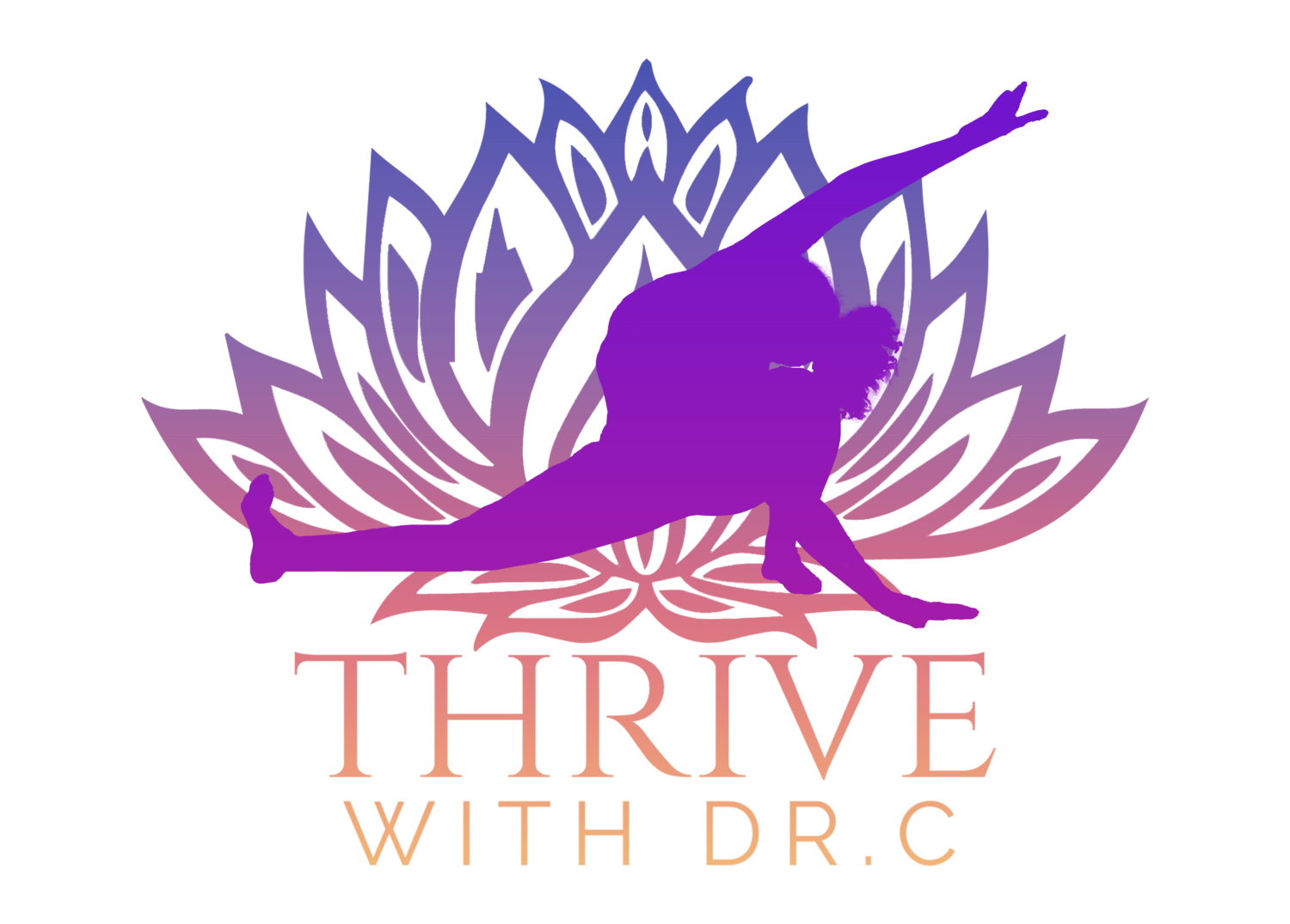Unplug to Recharge: Technology Breaks for Relaxation
These days, we’re more connected to technology than ever. While devices like our phones, tablets, and computers keep us informed and entertained, they can also impact our well-being. Today, let's chat about the benefits of taking a tech break to help you unplug, recharge, and improve your overall health.
The Impact of Screen Time on Our Well-Being
Excessive screen time, especially at night, can interfere with our body’s natural rhythms. The blue light from screens signals to our brain that it’s still daytime, making it harder to fall asleep and get quality rest. Spending too much time on our devices also contributes to mental fatigue, eye strain, and a tendency to compare ourselves to others, all of which can impact our mood and stress levels.
The Benefits of Unplugging
Taking time away from screens can lead to:
Better Sleep: Reducing screen exposure an hour before bed helps your brain release melatonin, the sleep hormone.
Increased Focus: Breaks from technology give your mind a chance to reset, enhancing concentration and productivity.
Reduces Stress: Mindfully disconnecting provides a mental "reset," decreasing anxiety and increasing relaxation.
Improved Relationships: Spending more quality, in-person time with loved ones fosters stronger connections and better communication.
Simple Tips to Unplug & Recharge
Here are some manageable ways to give your mind and body a break from screens:
Establish Tech-Free Zones: Designate areas in your home, like the bedroom or dining table, as device-free to encourage mindfulness and real connection.
Create a Bedtime Routing Without Screens: Replace evening screen time with relaxing activities like reading a book, journaling, or stretching. These activities can signal to your body that it’s time to wind down.
Schedule Screen Breaks During the Day: Try a method like the “20-20-20” rule: every 20 minutes, look at something 20 feet away for 20 seconds. This helps reduce eye strain and brings you back to the present moment.
Embrace Hobbies that Don't Involve Tech: Reconnect with offline hobbies like painting, gardening, cooking, or even just going for a walk. These activities can reduce stress and promote a sense of calm.
Practice Digital Mindfulness: Before reaching for your phone, pause and ask yourself if it’s necessary. This small habit can build awareness of how often we turn to screens and encourage healthier boundaries.
If this all seems like a lot, just choose one thing to focus on for the next couple weeks and see if it helps you relax and unwind!
DIY Facial Massage for Relaxation: Ears, Jaw, and Chin
If you're feeling tense, try massaging behind your ears, under your jaw, and along your chin. Those muscles are supplied by the vagus nerve and can stimulate relaxation when massaged, even for just 2-3 minutes!
Behind the Ears: Use your fingers to make small circles behind your earlobes, moving upward.
Under the Jaw: Place thumbs under your jaw near your ears, slide toward your chin, then repeat to ease jaw tension.
Along the Chin: Apply light pressure at the center of your chin, moving outward in small circles along the jawline.
